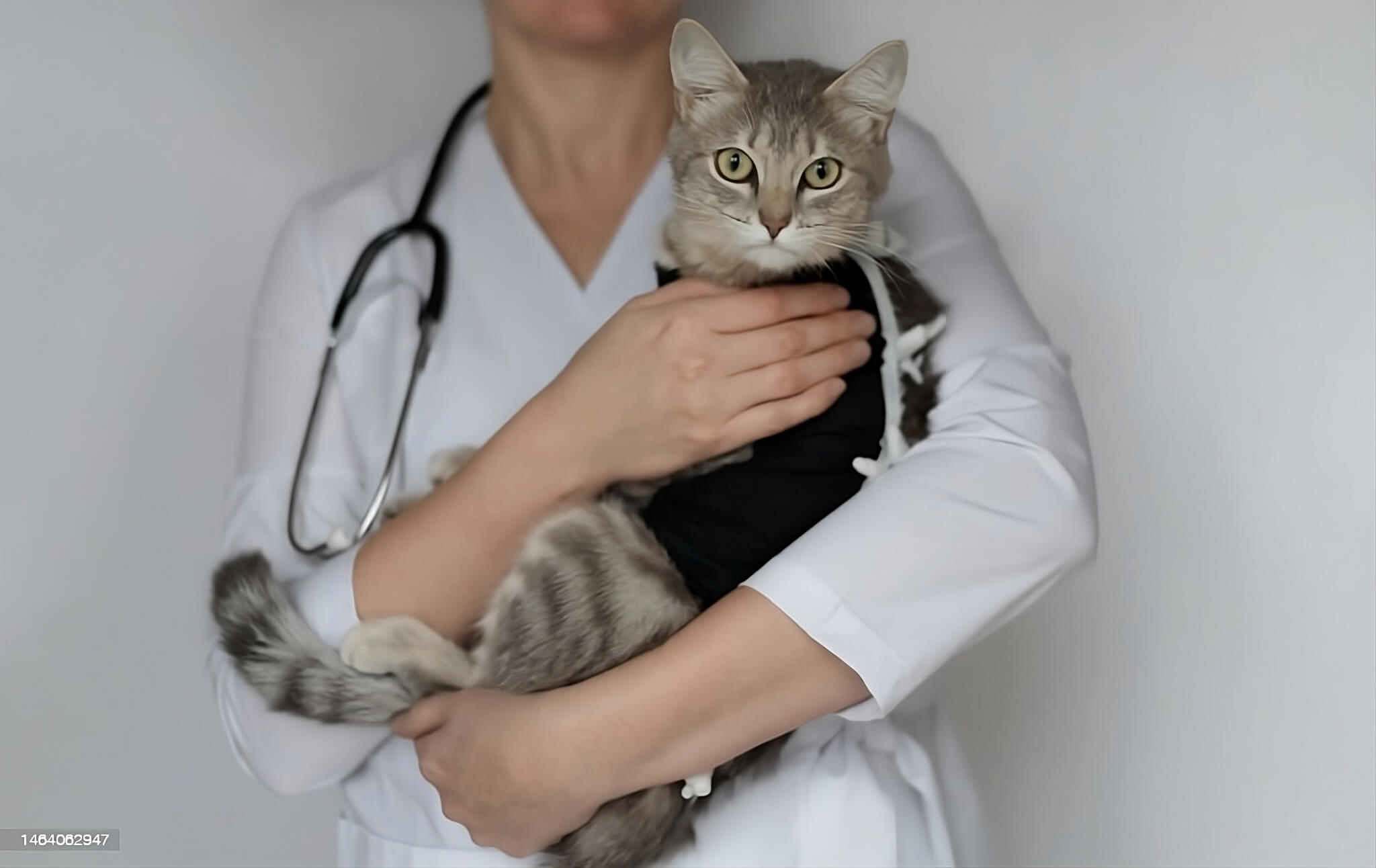Pros.
Prevention of Genital Pathologies
Dogs and cats can suffer from numerous untreatable pathologies, which can be preemptively avoided through sterilization. Here are the benefits these procedures can offer for your pet's health:
Statistics show that sterilization before the first heat cycle reduces the risk of mammary gland cancer by 70%.
- Increases lifespan;
- Reduces the likelihood of prostatitis;
- Lowers the risk of inflammatory and oncological diseases of the mammary glands and reproductive system;
- Reduces the risk of developing tumors and hormonal diseases.
Statistics show that sterilization before the first heat cycle reduces the risk of mammary gland cancer by 70%.
Elimination of Sexual Drive
The most obvious but equally important advantage: reduced arousal and its manifestations (the animal stops marking territory, shows less zoo aggression, and becomes more obedient).
Importantly: cats and dogs do not derive pleasure from the mating process. They are driven purely by instincts. Hence, you are not depriving your pet of anything by opting for castration or sterilization.
The animal is less likely to run away from home in search of a mate. Such escapades often end in infectious and parasitic infections of the reproductive system.
Importantly: cats and dogs do not derive pleasure from the mating process. They are driven purely by instincts. Hence, you are not depriving your pet of anything by opting for castration or sterilization.
The animal is less likely to run away from home in search of a mate. Such escapades often end in infectious and parasitic infections of the reproductive system.
No Need to Take Responsibility for Offspring
The owner bears full responsibility for any new offspring. If keeping the new pets is not an option, you will need to:
We advocate breeding only healthy, pedigreed animals. Breeding should be considered only if the pets have breed value.
- Sell them: find new owners, photograph your pet, post ads. Before a successful sale, temporary foster care will be needed;
- Give them to a shelter: fill out forms and often pay a certain fee. There are many homeless animals and few willing to adopt them—you deprive these animals of a chance at a happy life.
We advocate breeding only healthy, pedigreed animals. Breeding should be considered only if the pets have breed value.
Cons.
Hormonal Changes
The procedure may lead to weight gain. Special low-calorie diets for neutered animals are used for prevention, along with increased physical activity.
Use of Anesthesia
Anesthesia is used during the operation. Due to individual allergic reactions, complications may arise. However, if the animal undergoes a full preoperative examination by qualified professionals so that anesthesiologists can select the appropriate anesthesia protocol for your specific pet, all risks are minimized. Gas anesthesia is also recommended.
Loss of Breeding Value
If you are engaged in pedigree breeding, then this procedure is not suitable for your pet of reproductive age. After the operation, the animal will not be able to reproduce.
